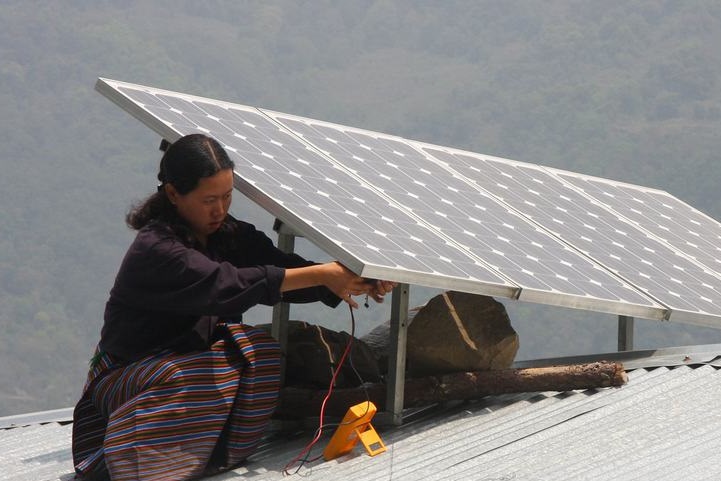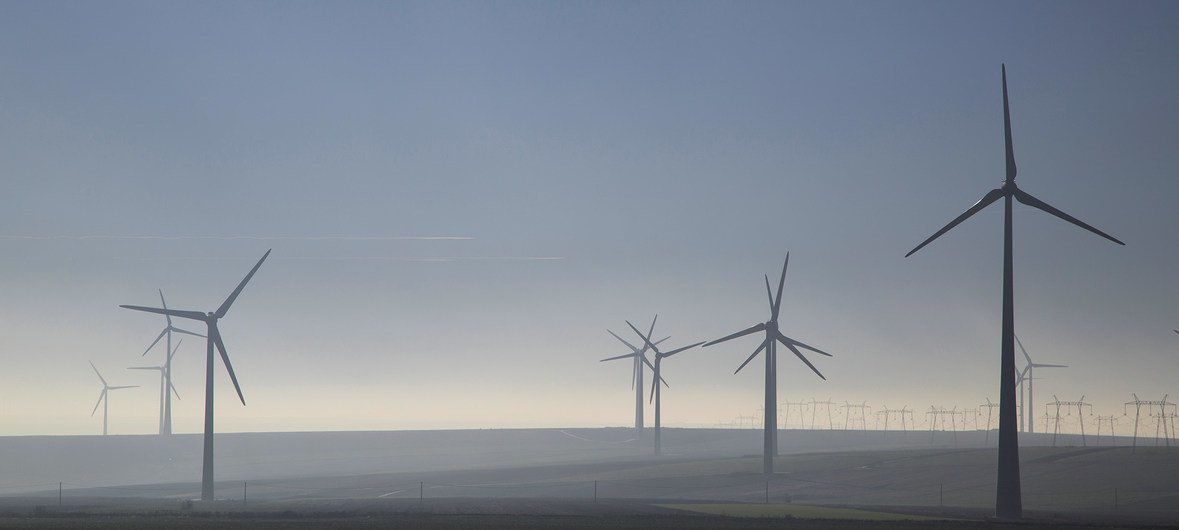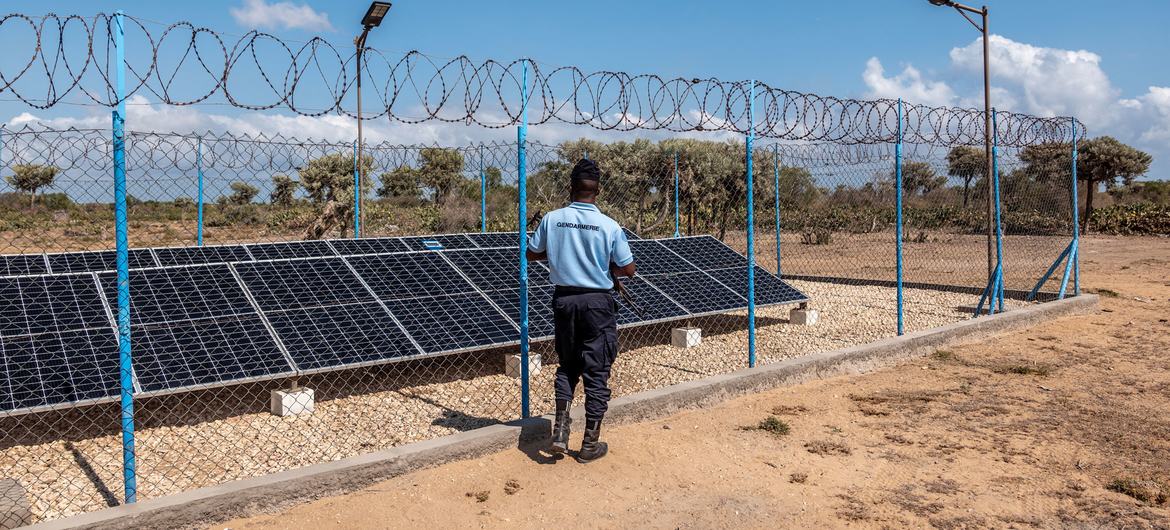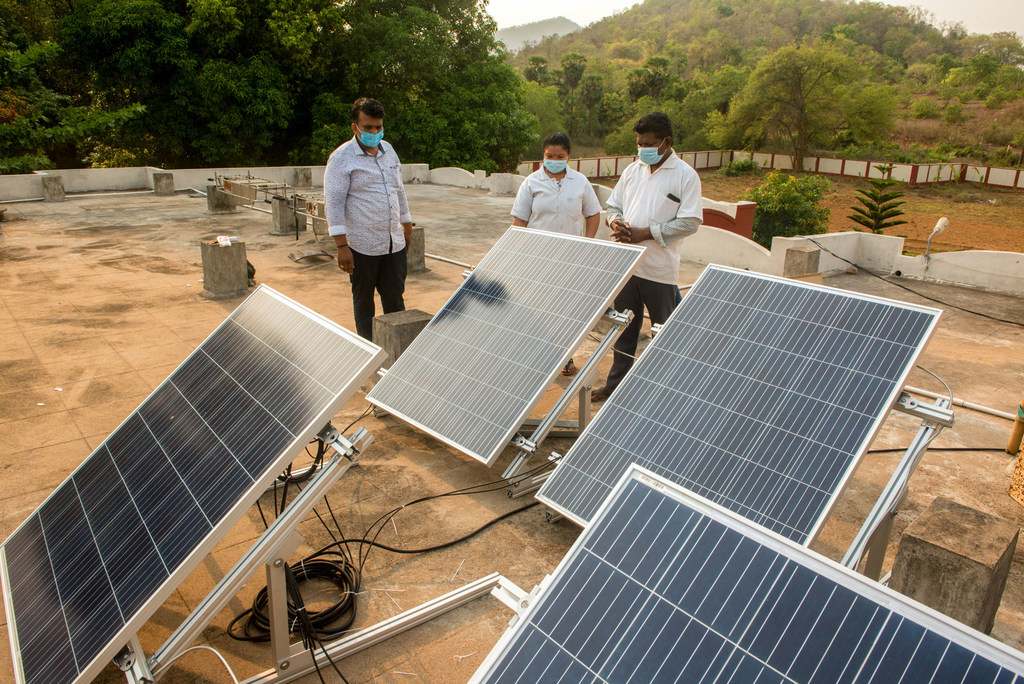11 Dec 2024

Tired Earth
By The Editorial Board

Achieving a just and equitable energy transition is “one of the biggest challenges facing our world,” UN Secretary-General António Guterres told the Global Compact Board meeting on Sunday.
Climate disasters and skyrocketing fuel prices have made the need to “end our global addiction to fossil fuels” crystal clear, he said, underscoring the importance of investing in renewables, building resilience, and scaling up adaptation.
“Had we invested massively in renewable energy in the past, we would not be in the middle of a climate emergency now”.
Without renewables, there can be no future – UN chief
Renewals: ‘Only credible path’
Renewables are “the only credible path” to real energy security, stable power prices and sustainable employment opportunities, said the UN chief.
He also maintained that the share of renewables in global electricity generation must increase from nearly 30 per cent today to over 60 per cent in 2030 and 90 per cent in 2050.
“Leaders in business as well as government must stop thinking about renewables as a distant project of the future”, underscored the top UN official.
“Without renewables, there can be no future”.

Key energy priorities
The Secretary-General went on to outline his Five-Point Energy Plan to shift to renewables, beginning with treating the technologies as freely available “global public goods”.
“Identifying patents that can be made freely available – especially those relating to battery and storage capacity – are crucial for a rapid and fair energy transition,” he said.
Next, he highlighted the need to secure, increase, and diversify supply chains for renewable energy technologies, pointing out that supply chains for components and raw materials are "still concentrated in a handful of countries”.
Third, was to level the playing field for renewables.
“We have the technology, capacity, and funds,” said the UN chief, “but we urgently need to put policies and frameworks in place to incentivize investments and eliminate bottlenecks caused by red tape, permits and grid connections”.
Shift subsidies from fossil fuels to renewable energy was his fourth point, as he noted that each year, governments spend around half a trillion dollars to artificially lower the price of fossil fuels – “more than triple what renewables receive”.
“If we channel these resources and subsidies to renewables, we not only cut emissions; we also create more decent and green jobs,” he argued.

Financing the future
Mr. Guterres’ fifth and final point focused on the importance of tripling public and private investments in renewables to at least $4 trillion dollars a year.
“Upfront costs for solar and wind power account for 80 per cent of lifetime costs – meaning big investments today will reap even bigger rewards tomorrow,” he said.
However, this requires: financing to flow to those who need it most; adjusted risk frameworks and more flexibility to scale up renewable finance; and lowering financing costs for developing countries.
“The cost of capital for renewable energy projects in the developing world can be seven times higher than in the developed world,” flagged the UN chief, flagging that Africa attracts a mere two per cent of clean energy investments despite its vast renewable energy potential.
Walking the talk
According to Mr. Guterres, a just transition to a renewable energy future is everybody’s business, including the private sector to advance science-based targets and Just Transition plans, in partnership with labour organizations and civil society.
“Lip service won’t do. We need credible actions and accountability,” he underscored.
Every business and investor; every city and country must “walk the talk” on their net-zero promises to realize the Paris Agreement and rescue the Sustainable Development Goals, added the UN chief.
“The UN Global Compact is poised to help in this vital effort,” he spelled out, urging everyone to accelerate action across industries and regions “to jumpstart the renewables revolution”.

Source : news.un.org
Comment